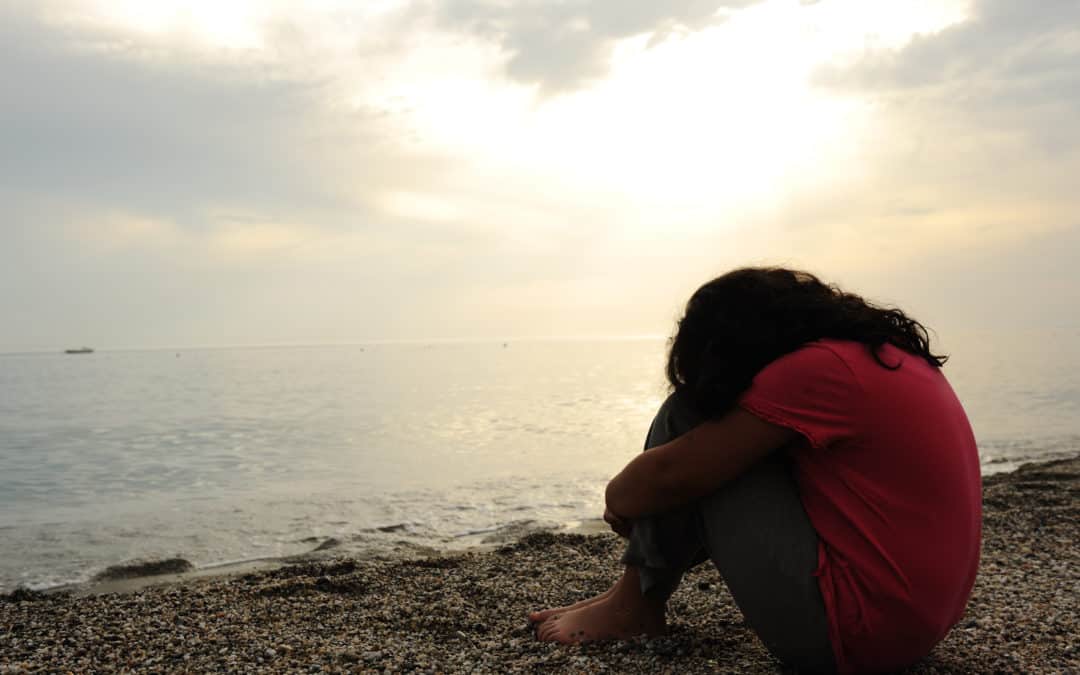If you’ve been dumped at Christmas, the most important thing to remember is that Christmas is a religious date and a time for families to get together. Consider that a relationship breakup can be magnified at this time.
At the same time, despite all the advertising about families and love over Christmas, we need to understand that this can be far from the truth. The reality of Christmas is that most families are fighting. Most people are off work, so rather than having distractions, they are often with each other 24/7, especially with COVID now. So, breakups can and do happen.
Dumped at Christmas? How should you respond to the breakup?
There are all sorts of reasons why people get dumped at Christmas. Maybe they have been unhappy for a while but have carried on with the relationship because of guilt. They might have finally let go of the guilt and decided that they are done.
Maybe this is a game, and the other person has dumped you because they want you to react and make them feel special, etc.
There are many different reasons, but if you are dumped at Christmas, pause. Don’t fight, don’t plead, P.A.U.S.E. It’s very important to not be scared of being alone or to be scared of what to do.
Just pause and give it a good 48 hours before you respond. And do everything safely.
If you are meant to be at their place for Christmas or for a party, pause. Take care of yourself. Make sure you reach out to a friend or a family member. And if you don’t have a friend or family member to reach out to, contact one of the organisations in your area, like a helpline. Just talk it through with someone.
How to end a relationship over Christmas
It is usually bad timing to end a relationship over Christmas, especially if we are committed to joint engagements.
If you are being abused, or have been abused, then yes. Get yourself safe and leave immediately.
But as a person with a heart, if there is no abuse around, choose your timing wisely. Maybe start the New Year in a different space, but wait until after Christmas. Swallow it. Be kind and thoughtful to the other person and their family. People forget about being kind when they break up a relationship. At least have one more gathering before releasing yourself from the relationship afterwards.
Timing’s everything.
Getting over a breakup: how to deal with heartbreak
We will all go through Elisabeth Kubler-Ross’s five stages of grief, starting with denial and shock, etc. We then move into anger and rage. Then we go into depression or low mood, the true grieving part.
Then we go into negotiation with self and others. This is when we can talk the hind legs off a donkey. What we’re doing at this stage is discussing the pluses and minuses of the former relationship, how we might be better off without it and what we will miss, etc.
And then we reach success: acceptance of the break up; acceptance of the loss.
This is not a straightforward process though. We don’t follow the model in a linear way. We bounce all over it, until it’s resolved. We can go through all of these stages in an hour or it can take years. There is no rhyme nor reason. It depends on the severity of the break up, whether it’s expected or from far left field, etc.
Sometimes we go through the grieving process before leaving the relationship. It’s a lot simpler then. But if we are grieving because we’ve ended a relationship, or because somebody has ended it for us, we will go through this cluster of emotions.
Have a look at the Kubler-Ross model for more information, but understand there are some differences when we are considering relationship breakup rather than bereavement. There are likely to be extra stages that someone will go through following such a break up, including:
- Mourning what could have been if you had stayed together
- Guilt, where the parting was your choice.
- Torment from games played between you and the ex-parent, child, lover, sibling, etc.*
*Additional stages of grief for inclusion with the Kubler-Ross model. Proposed by Dr. Michael Acton


